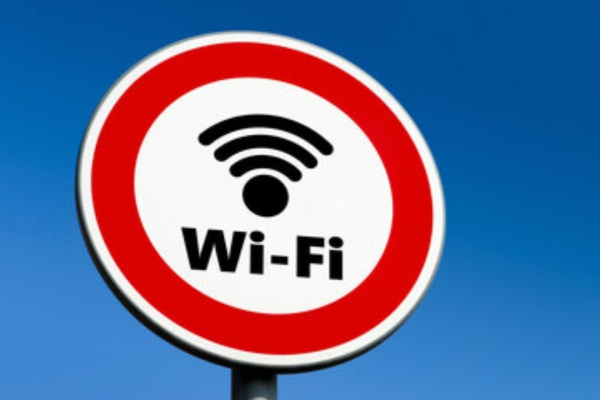Wi-Fi, a ubiquitous wireless connection system, remains a subject of debate worldwide. Its increasing use has raised concerns about potential health risks. However, recent studies offer reassuring findings.
Wi-Fi waves are not carcinogenic and pose no health risks, according to a comprehensive study recently published by the World Health Organization (WHO). The research, led by Australian scientist Ken Karipidis and conducted by an international team of experts, aimed to assess the potential link between exposure to radiofrequency electromagnetic fields (RF-EMF) and the risk of the most studied forms of cancer.
“The objective of this review was to assess the quality and strength of the evidence provided by human observational studies for a causal association between exposure to radiofrequency electromagnetic fields (RF-EMF) and risk of the most investigated neoplastic diseases,” the report highlights.
This study is a large-scale systematic review, based on the analysis of more than 5,000 publications on the subject, spanning from 1994 to 2022. Focusing specifically on around 60 of the most comprehensive and exhaustive studies, researchers concluded that Wi-Fi and other wireless technologies are safe for human health.
Over a decade ago, the International Agency for Research on Cancer (IARC) classified radiation from mobile phones, cell towers, and Wi-Fi as “potentially carcinogenic,” fueling widespread public concern. However, the findings of this new WHO study put an end to such debates. The authors confirm that current scientific evidence demonstrates no increased risk of cancer from exposure to electromagnetic fields generated by wireless technologies, including Wi-Fi.
A Necessary Clarification to Ease Concerns
This report comes at a crucial time, as concerns over the health impact of wireless technologies remain prevalent in some sectors of the population. The increasing number of connected devices in homes and workplaces has raised questions about the potential long-term effects of electromagnetic waves.
By definitively concluding that Wi-Fi and similar waves are safe, the WHO study offers reassuring insights and should help dispel lingering fears. However, the authors call for continued research to monitor the effects of emerging technologies, such as 5G, ensuring ongoing surveillance of any potential health impacts.
Samira Njoya



















